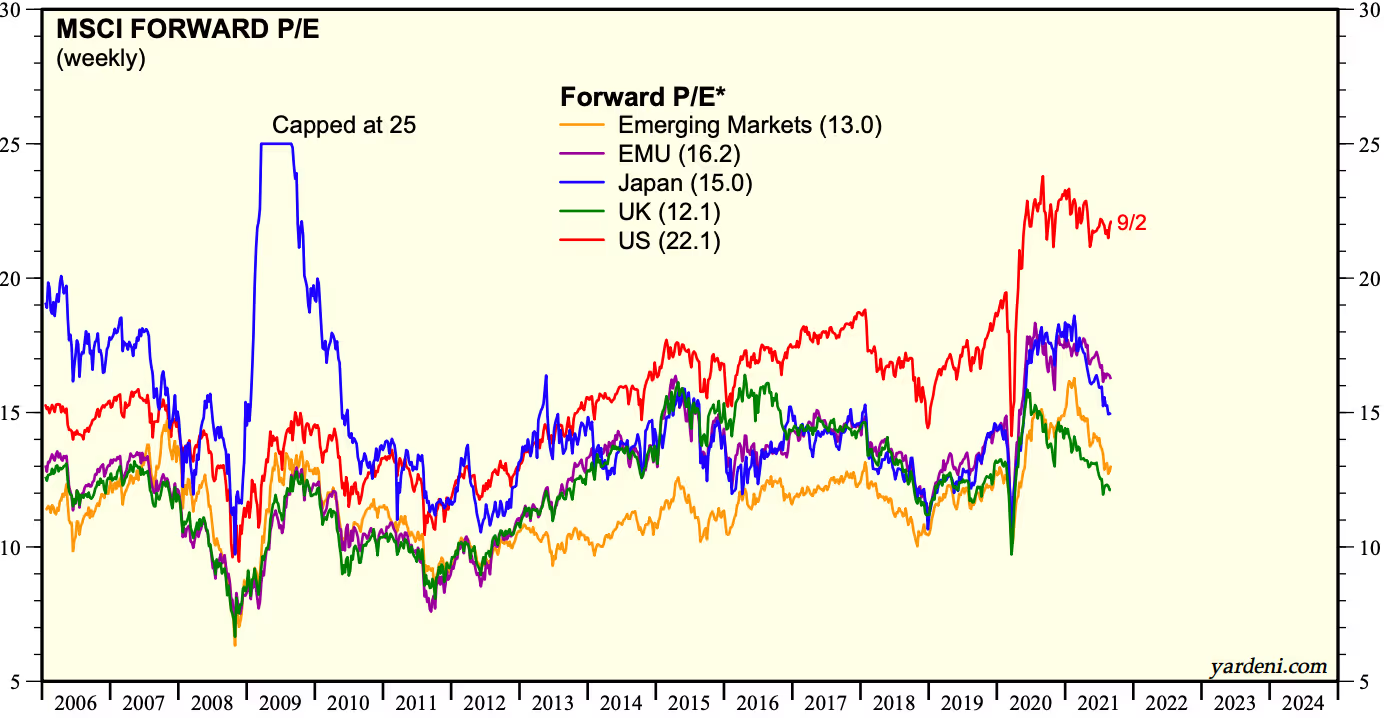What a difference a generation makes.
Our grandparents made the most of those wonderful gold-plated, defined benefit pensions with guaranteed-for-life income streams.
Our parents might have been able to nip in there while they were still on offer too.
But, given how expensive they are for companies (imagine paying you two-thirds of your salary well into your nineties) we pretty much have to fend for ourselves now.
Whether you are pension planning in your 20s and 30s or saving for retirement in your 40s and 50s, chances are those long-term savings will be extremely important to the lifestyle you can live in your third age.
And, given we are likely to change jobs around 12 times during our lifetimes according to Zippia, that’s a lot of loose pensions to take care of.
A self-invested personal pension (SIPP) can be a great way to bring them together into one place. It can make personal contributions easier, give you a clearer idea of what you're investing in, and the cost of it all.
Retirement savings start here
Here are the most popular buys over August in Freetrade SIPP accounts.
It’s important to highlight that this is a wrap-up, not a suggestion or recommendation that you buy or sell any of the securities mentioned.
Remember that everyone has their own goals and unique financial circumstances. These, along with your tolerance for investment risk and time horizon, should inform the mix of assets in your portfolio.
Our resource hub for investing in the stock market might be able to help make that mix a bit clearer for you. And if you are still unsure of how to pick investments, speak to a qualified financial advisor.
Most popular SIPP investments on Freetrade in August
- AMC Entertainment (AMC)
- Vanguard FTSE All-World UCITS ETF USD Acc. (VWRP)
- Vanguard FTSE 100 UCITS ETF Dist. (VUKE)
- Amazon (AMZN)
- iShares Core MSCI World UCITS ETF GBP Hedged (Dist) (IWDG)
1. AMC Entertainment
AMC’s June share price boost might have petered out over July but the cinema chain has seen a steady uptick over August and September.
The market just can’t make its mind up over the chain’s ability to spring back into life as lockdown restrictions ease, but investors will be hoping this new move upward sticks around.
There seem to be two camps entrenching themselves around AMC though - those aiming to trade in and out of the jumpy share price graphs, and those waiting to see what sort of turnaround the actual business can produce.
The first lot are playing a precarious game, almost certainly still driven by short-term hopes pinned on the tail-end of this year’s short-selling drama.
If you’re crossing your fingers that eventually someone will want your shares for more than you paid for them, it can be a worrying wait until they knock on your door, if they ever do.
Investors looking to what the actual business can offer its shareholders will be more more focused on the extent to which the cinema chain can reel us back in this year.
Investors initially spied a huge opportunity for a backlog of Hollywood blockbusters to get bums on seats over the second half of 2021.
But that narrative has hit a snag.
US box office receipts over the final weekend in August were the lowest in more than two months. Gross ticket sales hit $61.6m, signalling the worst weekend for takings over the whole summer.
It’s actually been downhill for cinema footfall since the Black Widow premiere in early July.
In more normal times, that was the only weekend that wouldn’t have looked out of place, breaking $100m in ticket sales. Cinema goers breached that level every weekend over the summers of 2018 and 2019.
One current suggestion has been to get sports fans filling the rows by buying the rights to matches in the US and showing them between big movie releases.
AMC hasn’t said that’s part of the plan but it’s clear it will need to do something other than rely solely on the biggest hits of the year to prop up the balance sheet.
Read more:
The $15.4m McDonald’s chip
Sign up to Honey, our free daily market newsletter
Share buybacks: don’t be the biggest fool in the room
2. Vanguard FTSE All-World UCITS ETF USD Acc. (VWRP)
And from one asset inviting a lot of speculative behaviour we go straight to the other end of the spectrum.
Freetrade investors are balancing individual stock picks with broad-based index-tracking ETFs like VWRP.
Many will be following a core and satellite approach, using wide-ranging market ETFs to capture performance from around the world, and topping that up with high conviction stock choices of their own.
But if diversification is really the goal here, investors should keep in mind what’s under the bonnet of a lot of big global ETFs.
Such is the sheer size of the US tech giants that 58.4% of VWRP is allocated to companies in the US (as of 31 July 2021), with 23.2% of the fund exposed to the tech sector.
It might hold upwards of 3,600 global companies but size matters. The top 10 names, which include the likes of Apple, Microsoft and Facebook, account for more than 15% of the entire ETF.
On its own this might just be a good aspect to keep in mind. But if investors already hold tech and have bought VWRP in hope of diversification they might be getting less than they’d hoped for.
3. Vanguard FTSE 100 UCITS ETF Dist. (VUKE)
The UK market has struggled to get any sort of attention since the pandemic started. Its fuddy-duddy image only got worse when its backward-looking stocks looked even more out of date compared to their high-flying tech cousins across the pond.
That’s reflected in how investors are pitting the indices against each other. The UK currently has the lowest forward price-to-earnings ratio of all major global markets.
Forward P/Es represent the optimism (or lack thereof) the wider market has for a country or company’s growth. A higher measure, like that of the US in the image below, is often a sign that investors anticipate high growth. A low measure is quite the opposite.

Given the make-up of the UK market, the low forward P/E relative to global peers might reflect the lack of optimism around its constituents looking long in the tooth.
But, then again, that might be attracting value investors, aiming to capitalise on low valuations in the hope they will rise over time.
4. Amazon (AMZN)
Amazon shares have had a choppy few months. Scratch that, a choppy year rather.
It’s all reflective of investors trying to balance optimism around the Bezos behemoth with prospective slower sales growth as bricks and mortar shops open up again.
In fact, sales growth did slow in Amazon’s second quarter. 27% growth over Q2 clearly started to worry investors who were getting used to rates above 40%.
It’s not a complete disaster though. Sales still hit $113.1bn, up from $88.9bn a year ago.
Most firms would kill for that kind of growth but it’s a reflection of Amazon’s rise and dominance that even such huge figures are a cause for concern in some corners of the market.
For a lot of investors it will be a signal to consider whether the pandemic-induced boost to trade is on its way out.
And that’s something Amazon’s mulling over too. The firm forecasted Q3 sales figures of $106bn to $112bn versus analyst expectations of $119.3bn, according to FactSet.
5. iShares Core MSCI World UCITS ETF GBP Hedged (Dist) (IWDG)
It might have ‘world’ in the title but IWDG deserves as much of a peer under the bonnet as VWRP.
67% of the ETF is exposed to companies in the US, with 23% in the IT sector.
Investors have favoured the income-distributing share class here. That can be useful to supplement an income or if you have regular expenses you need help with.
An accumulation share class (Acc.) could help those eager to rack up dividends over time, reinvesting them to take advantage of the power of compounding.
According to Hartford Funds, an initial £10,000 invested in the S&P 500 over the 60 years from 1960 to 2020 would have grown to $627,161 in price terms, or $3,845,730 with dividends reinvested.
Dividends are incredibly important to the value of total returns.
Freetrade SIPP
If you fancy putting your money to work in a pension, the Freetrade Pension might be able to help. It lets you take control of those tax-efficient pension savings for a monthly fee of £9.99 per month, or £7 per month if you are a Freetrade Plus member. Other charges, like FX (foreign exchange) may apply. See SIPP charges for more information.
You can invest for your retirement through a wide range of assets like UK and US shares, ETFs, bonds and investment trusts.
The assets in Freetrade’s universe cover every sector you can think of, including green energy, consumer products, technology, pharmaceuticals and whatever else makes the world go round.
Past performance is not a reliable indicator of future returns.

We believe investing should be accessible to everyone. Whether you are a complete beginner or an experienced investor, there’s something for you at every step of your journey. We’ve covered choosing the right investment app, what are dividends and how to invest in ETFs. You’ll also find step by step guides on buying and selling stocks, as well as an ISA explainer and a ‘SIPP vs ISA’ guide to help you decide which account is best for you. Download our iOS stock trading app or if you’re an Android user, download our Android stock trading app to get started investing.
SIPPs are a pension product designed for people who want to make their own investment decisions. You can normally only access the money from age 55 (set to rise to 57 from 6 April 2028). This article is based on current rules, which can change, and tax relief depends on your personal circumstances.
Before transferring a pension you should ensure you will not lose valuable guarantees or incur excessive transfer penalties. Pensions are usually transferred as cash so you will be out of the market for a period.
Freetrade does not currently offer drawdown products for our SIPP.
The fees described in this article do not include any fees which may be charged by product manufacturers (e.g. ETF management fees).
This should not be read as personal investment advice and individual investors should make their own decisions or seek independent advice. If you are unsure whether our SIPP product is right for you, you should contact a qualified financial advisor.


.avif)





.avif)




